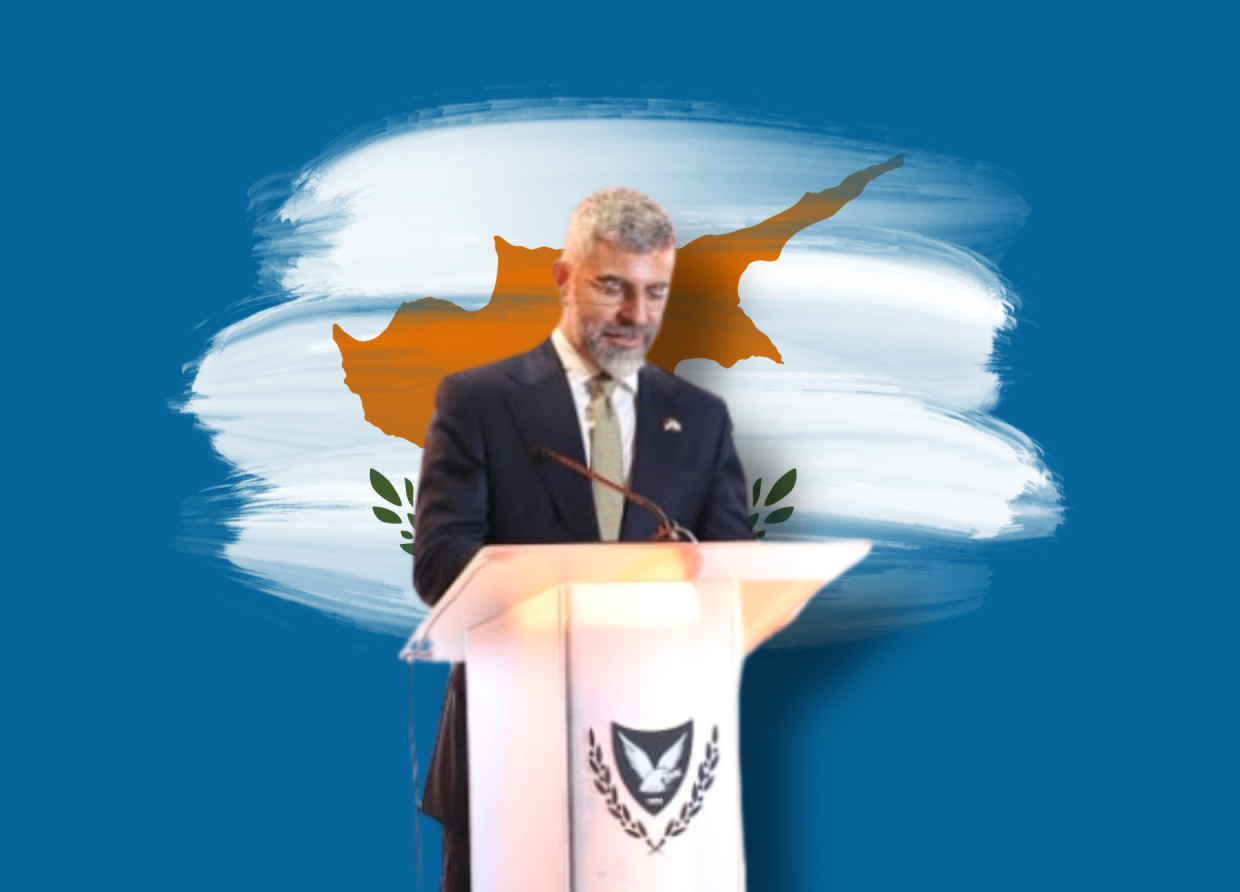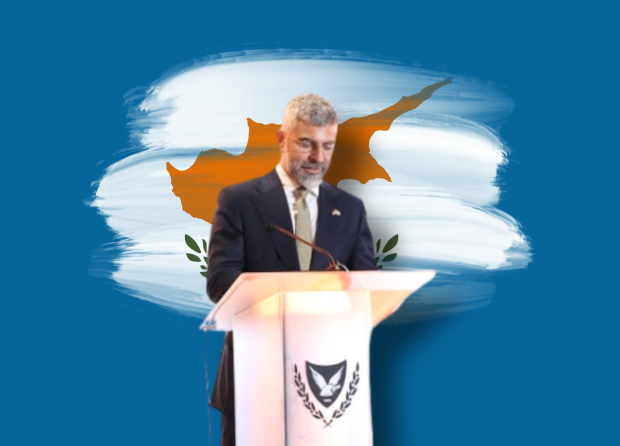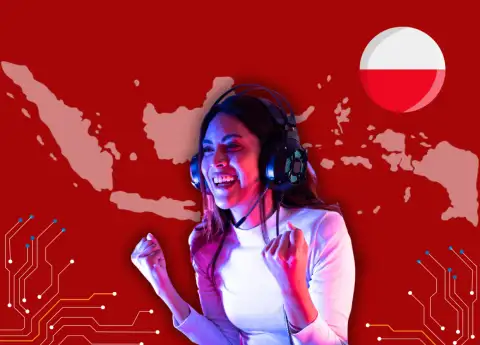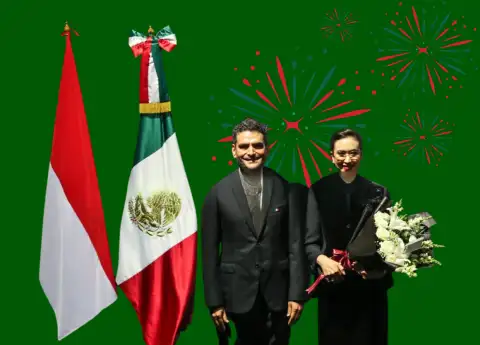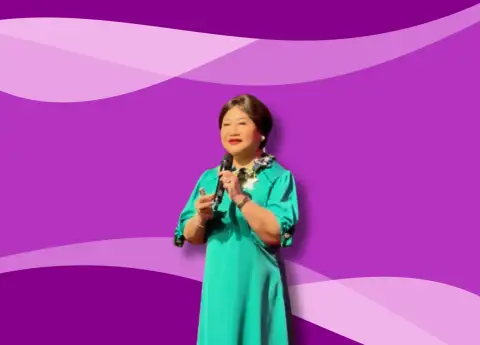SAM ALTMAN AND REBUILDING OPENAI: THE UNRAVELING OF OPENAI'S LEADERSHIP
A rollercoaster year for OpenAI's CEO Sam Altman
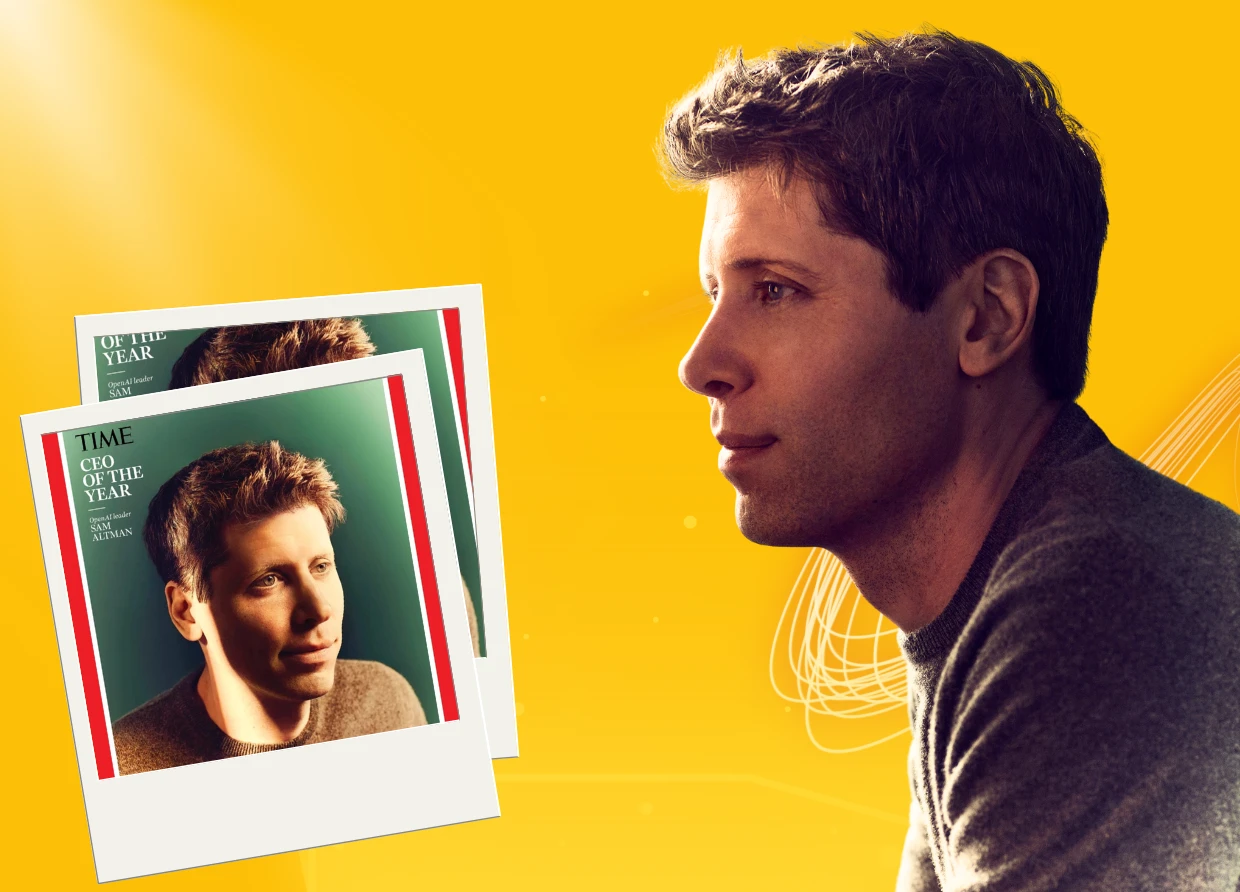
In a twist reminiscent of a Silicon Valley drama, OpenAI, the groundbreaking artificial intelligence (AI) research lab, faced a tumultuous year filled with power struggles, internal strife, and the unexpected firing and rehiring of its CEO, Sam Altman. The Thanksgiving holiday marked a particularly bizarre episode in Altman's life, as he grappled with the aftermath of a boardroom battle that shook the foundations of the company.
Altman, usually spending Thanksgiving in St. Louis with family, found himself on his Napa Valley ranch in the midst of an existential crisis for control of OpenAI. The events that unfolded during this period were nothing short of surreal—a rapid-fire sequence of firing, reinstating, and an internal rebellion that rivaled the corporate dramas portrayed in popular television series like Succession.
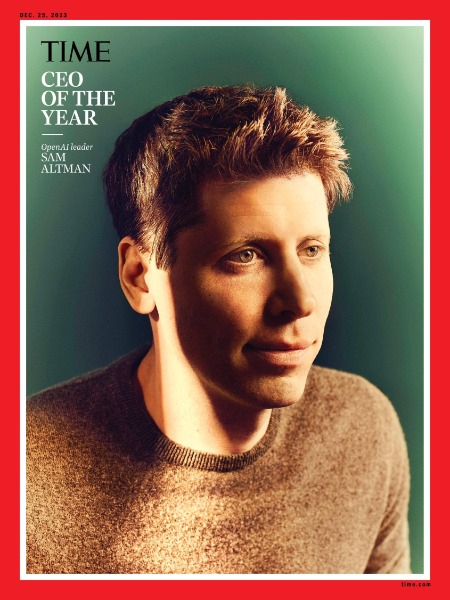
The turmoil at OpenAI reached its zenith on November 17 when Altman was unceremoniously ousted by the nonprofit board of directors, only to be reinstated after a wave of employee and investor protests. The company's visionary chief scientist, Ilya Sutskever, initially voted to remove Altman but later reversed his stance. The drama extended to the brink of collapse, with the entire staff threatening to quit if the board didn't resign and reinstate Altman promptly.
In the aftermath, Altman emerged victorious, reclaiming his position as CEO, while the board underwent a significant overhaul. Speaking to TIME after his reinstatement, Altman reflected on the unprecedented events, stating, “This was a 10-out-of-10 crazy thing to live through. So I’m still just reeling from that.”
The episode has left lingering questions about Altman's leadership style and the future trajectory of OpenAI. Interviews with over 20 people in Altman's circle, including current and former employees, shed light on a complex portrait of the CEO. While Altman is described as affable, brilliant, and driven by a vision of creating artificial general intelligence (AGI) for the benefit of society, some critics within the company have accused him of being slippery and deceptive, with allegations of manipulating people to consolidate power.
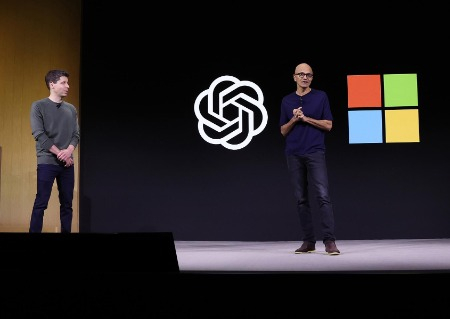
OpenAI, initially conceived as a nonprofit research lab, transformed into an $80 billion company, with Altman becoming one of the most powerful figures in the tech industry. The recent upheaval raises concerns about the accountability and governance structure of a company that holds the keys to advanced AI technology. Altman's assurance that the company takes responsibility seriously is met with skepticism in the wake of the internal power struggle.
The future of OpenAI remains uncertain, with questions lingering about the company's ability to maintain its industry lead amid increasing competition in the AI research space. As the tech industry experiences hype cycles, the rapid development of AI and the promises of AGI bring both excitement and apprehension.
The board's decision to remove Altman focused on concerns about his behavior and lack of transparency, rather than issues related to the safety, commercialization, or research pace of OpenAI's technology. Altman's return to the helm raises questions about the effectiveness of the company's hybrid structure—a for-profit entity governed by a nonprofit board designed to prioritize mission over financial interests.
As OpenAI looks to the future, the stakes are high, with the race for AGI advancing rapidly. The company's belief that AGI could be achieved in the next four or five years underscores the urgency and potential impact of this transformative technology on global economies, scientific knowledge, and societal well-being.
In the aftermath of the Thanksgiving turmoil, Altman faces the challenge of rebuilding trust and steering OpenAI toward a future that balances innovation with responsible governance. The events of the past year have left an indelible mark on the company's trajectory, and the tech world watches with bated breath as OpenAI navigates the complexities of AI development in an ever-changing landscape.
In the unfolding drama at OpenAI, as Altman projected confidence, a sense of unease permeated the board of directors. The gradual reduction of the board's size from nine to six members over the previous months set the stage for a pivotal moment in the organization's history. The panel was now composed of three OpenAI employees—Altman, Sutskever, and Brockman—and three independent directors: Adam D’Angelo, CEO of Quora; Tasha McCauley, a technology entrepreneur and Rand Corp. scientist; and Helen Toner, an AI policy expert at Georgetown University.
Behind the scenes, tensions brewed within the board over the replacement of departing members. The three independent directors and Sutskever began harboring concerns about Altman's conduct, detecting a pattern where he played individuals against each other to manipulate outcomes. Altman's inclination to control information flow, described as keeping the picture fragmented, raised alarms among board members. While such tactics are not uncommon in business, insiders noted that Altman had crossed certain boundaries, making it increasingly challenging for the board to fulfill its oversight responsibilities.
A pivotal incident occurred in late October when an academic paper critical of OpenAI's safety efforts, authored by Helen Toner, was published. Altman, interpreting it as a threat, allegedly attempted to oust Toner from the board by spreading misinformation. This incident, while not the sole trigger, exemplified Altman's tactics to undermine governance, leading the board to question its ability to trust him.
The board's decision to terminate Altman was a swift and secretive process. Fearing Altman's adeptness at rallying support, they acted promptly. Sutskever, on November 16, informed Altman of his firing during a virtual meeting attended by the entire board except Brockman. The official statement cited Altman's lack of candor with the board as the reason, expressing a loss of confidence in his leadership.
Altman's response was a flurry of outreach to his network, signaling his intent to start a new company. The board anticipated external pressure but underestimated the internal backlash. The majority of OpenAI's staff threatened to resign if Altman wasn't reinstated. In an unexpected twist, the board, facing mounting pressure, reached out to Altman, initiating negotiations for his return. The ensuing discussions, lasting nearly 48 hours, led to the appointment of Emmett Shear as the new interim CEO, and Altman and Brockman joining Microsoft to spearhead a new advanced AI unit.
The situation revealed stark divisions within OpenAI. Employees, driven by both loyalty and financial interests, mobilized to support Altman, fearing the potential collapse of the company. The board, whose decisions were guided by a mission to act in the best interests of humanity, faced criticism for lacking transparency and specifics in justifying Altman's removal.
Ultimately, a compromise was reached. Altman returned as CEO under the condition of an independent investigation into his conduct. Altman and Brockman did not regain board seats, and D’Angelo remained as the only independent director. The company celebrated their return, but it was evident that significant changes were imminent.
The aftermath prompted OpenAI to reassess its governance structure. The newly appointed board, including figures like Bret Taylor and Larry Summers, would oversee a thorough examination of the company's governance. Altman, back in the CEO position, expressed a commitment to stabilizing the company, supporting research initiatives, and collaborating with the new board to improve governance.
As OpenAI navigated the fallout, questions lingered about the effectiveness of the board in ensuring responsible AI development. The incident underscored the challenges of balancing mission-driven goals with the financial considerations that come with managing a high-stakes technology company. The saga left OpenAI at a crossroads, with the hopes of achieving its mission contingent on navigating a delicate balance between ambition, accountability, and ethical responsibility.
#THE S MEDIA #Media Milenial #OpenAI #Sam Altman #Company Governance #AI Ethics #Leadership Challenges #Corporate Transparency #Organizational Culture #Employee Dissent #Financial Interests #Technology Company Dynamics #Rebuilding Corporate Trust #Future of Artificial Intelligence #Executive Decision-Making #Internal Struggles #Stakeholder Relations #Tech Industry Governance #Board Accountability #Mission-Driven Organizations #AI Governance Lessons

